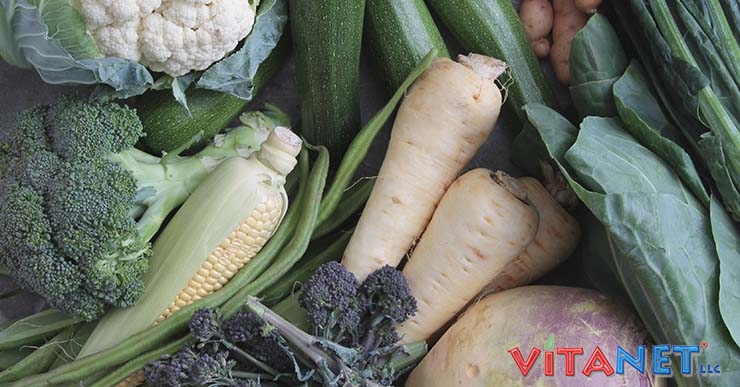Recent research by the University of Leeds and Lancaster University suggests that green tea contains a compound called epigallocatechin-3-gallate (EGCG) that has an amazing ability to help break up protein plaques in the blood vessels that can contribute to heart attacks. It does this by converting an amyloid protein called apoA-1 into smaller protein molecules that are easier for the body to deal with. You’d have to drink an awful lot of green tea to get enough EGCG to have much effect, so scientists are looking into modifications that would make it easier to use. Green tea is still very healthy, though, especially matcha.
Key Takeaways:
- The life-saving potential of the epigallocatechin-3-gallate (EGCG) found in green tea for reducing amyloid plaques even in blood vessels is huge.
- High amount of EGCG is needed in the body which drinking green tea alone cannot provide so scientists are looking for ways to inject it into the body.
- The polyphenols in green tea has been linked to lower risk of skin, colon, prostate and breast cancer.
“Green tea already gets a lot of attention for its potential to fight cancer, but there’s another very important benefit that is making the beverage an even more attractive option than it already is.”
Read more: https://www.naturalnews.com/2018-06-27-compound-found-in-green-tea-dissolves-dangerous-plaque-found-in-blood-vessels.html


Leave a Reply